Dental Cleanings
Dental Cleanings
The preventive care you receive at your dental cleaning appointment is the absolute foundation of your dental health. Preventive care includes cleanings, exams, fluoride treatments, education, oral cancer screening, airway assessment, and digital X-rays. It is at this appointment when both the hygienist and the dentist examine your teeth, gums, and oral soft tissues. The findings are presented to you and we discuss ways to treat any issues you may have.
Some of the questions we have about this initial visit are:
Do I need to have X-rays taken? I just had them taken a couple of years ago and I never have cavities.
To begin assessing your health, we must have objective data. We start every new patient with a full set of X-rays that capture your teeth, the roots, and the supporting bone structure. This gives us a baseline with which we can diagnose and refer back to in the future. When dentists look at X-rays, we aren’t just looking for cavities. We are assessing your roots and the supporting bone for signs of health and pathology. Most pathologies of the teeth and mouth occur silently and without any pain. The sooner we can spot it, the more options you will have to recover fully.
Do I need fluoride?
Many people think that fluoride is just for children. Not true! As long as your teeth can get cavities, they can benefit from fluoride.
Fluoride is a chemical ion of the element fluorine. Fluoride is found naturally in water, foods, soil, and several minerals. Fluoride varnish is composed of a high concentration of fluoride as a salt or silane preparation in a fast-drying, alcohol, and resin-based solution.
There is no other product we know of that provides the same benefit to the health and strength of enamel.
At our office, we use two different types of fluoride: silver diamine fluoride and sodium fluoride. The sodium fluoride varnish is one with which you might already be familiar—it is the sheer and slightly tacky varnish that is brushed over tooth surfaces after the cleaning. Silver diamine fluoride is an antibiotic liquid that is used on cavities to help slow the progression of tooth decay. It is also used as a preventive agent and to treat sensitive teeth.
If you have made a personal decision not to use fluoride, we respect that—just let us know.
What did you just do to my tongue?
When a dentist grabs your tongue and turns it side to side, you should count yourself lucky! This little tongue maneuver is how we screen for oral cancer and any other weird things that could be going on in your mouth. We look at the inside of your cheeks, your gums, the roof of your mouth, your throat, your tonsils, the sides of your tongue, and the floor of your mouth.
Why are you looking at my nose and asking me about my sleep?
Dentists are probably the only healthcare provider that people see two times a year, whether you’re sick or healthy. That’s why we screen for hypertension (high blood pressure) and for airway issues. In the case of high blood pressure, we inform you of your elevated reading and recommend you discuss it with your medical doctor. It might just be the coffee you had coming in that affected the reading, but maybe it isn’t.
With airway issues, dentists are uniquely poised to help out because they already examine the head, throat, and mouth. Many people are walking around today and suffering from sleep apnea or another form of airway disorder. This lack of quality sleep will affect children and adults significantly with real health and emotional consequences. In children, this can be in the form of altered dentofacial development, learning difficulties, asthma, allergies, hyperactive behavior, or listlessness. In adults, it includes chronic fatigue, disrupted hormone levels, TMJ pain, and increased morbidity.
Patients are identified as possibly having airway issues through a questionnaire and exam. In many cases, patients are referred to an ENT. Some airway issues can be managed through orthodontics, oral surgery, or the use of an oral appliance. Sleep and airway disorders are most successfully managed with the collaboration of your ENT and dentist.
